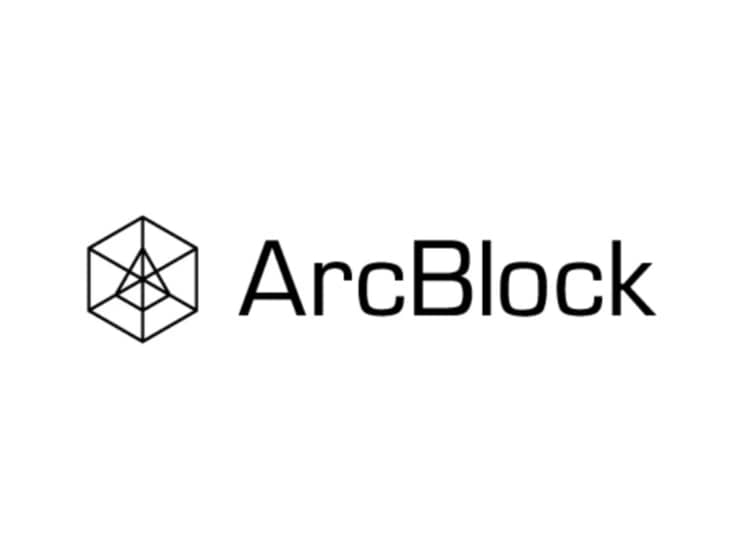Subscribe to wiki
Share wiki
Bookmark
ArcBlock
The Agent Tokenization Platform (ATP):Build autonomous agents with the Agent Development Kit (ADK)
0%
ArcBlock
ArcBlock is a blockchain platform focused on simplifying the creation and deployment of decentralized applications (DApps) and Web3 services. Established in 2017, the platform prioritizes interoperability, scalability, and integration with existing cloud infrastructure. Its design facilitates the connection between traditional software systems and blockchain technology, enabling the development of cross-chain solutions. [1] [3] [7]
Overview
ArcBlock offers a range of tools and frameworks to support blockchain adoption. Its primary components include the Open Access Chain, a hybrid blockchain protocol; Blocklet, a serverless computing architecture; and the Chain Abstraction Layer (CAL), which facilitates communication between different blockchains. The platform supports decentralized applications, tokenization, and decentralized finance (DeFi) solutions. ArcBlock is cloud-agnostic, with integrations such as AWS Marketplace, allowing deployment across various cloud environments. [1] [3] [4] [5] [7] [11]
History
ArcBlock was founded in 2017 by Robert Mao, an expert in decentralized systems and former Microsoft engineer. The project gained traction in 2018 through an initial coin offering (ICO), raising $45 million to develop its native token, ABT. By 2021, ArcBlock transitioned from an Ethereum-based ERC-20 token to its own mainnet, marking a significant step in its development. Over the following years, the platform enhanced its cross-chain capabilities through updates to its Chain Abstraction Layer and established partnerships with cloud providers like AWS, further integrating blockchain technology with existing systems. [3] [5] [7] [10] [12]
Technology
ArcBlock’s architecture is built around interoperability and flexibility for developers. The Open Access Chain utilizes a combination of delegated proof-of-stake (DPoS) consensus and directed acyclic graph (DAG) elements to achieve efficient transaction processing. The Blocklet framework serves as a serverless compute layer, enabling the integration of off-chain data with on-chain operations using programming languages such as JavaScript and Python. The Chain Abstraction Layer (CAL) standardizes APIs to connect various blockchains, including Ethereum, Bitcoin, and Hyperledger, as well as traditional databases. ArcBlock also incorporates decentralized identity (DID) tools compliant with W3C standards, providing secure identity management. Developers have access to SDKs, CLI tools, and a decentralized marketplace for reusable components.
ArcBlock Token (ABT)
The ABT token is the native utility token of the ArcBlock ecosystem. It is used for transaction fees, smart contract execution, and network storage. ABT holders participate in governance by voting on protocol upgrades and treasury allocations. Validators and delegators stake ABT to secure the network and receive rewards. Developers earn ABT for contributing code or building DApps on the platform. The token has a maximum supply of 186 million, ABT is available on exchanges such as Bitget, KuCoin, and Gate.io, with pricing and market data accessible on CoinMarketCap and CoinGecko. [2] [3] [5] [6] [7] [9]
Adoption and Partnerships
ArcBlock’s cloud-agnostic design has led to collaborations with major providers like AWS, offering blockchain-as-a-service (BaaS) solutions. The platform’s technology is utilized in various applications, including supply chain management and decentralized identity verification, showcasing its adaptability across different sectors. [3] [5] [8] [9]
See something wrong?
The Agent Tokenization Platform (ATP):Build autonomous agents with the Agent Development Kit (ADK)
